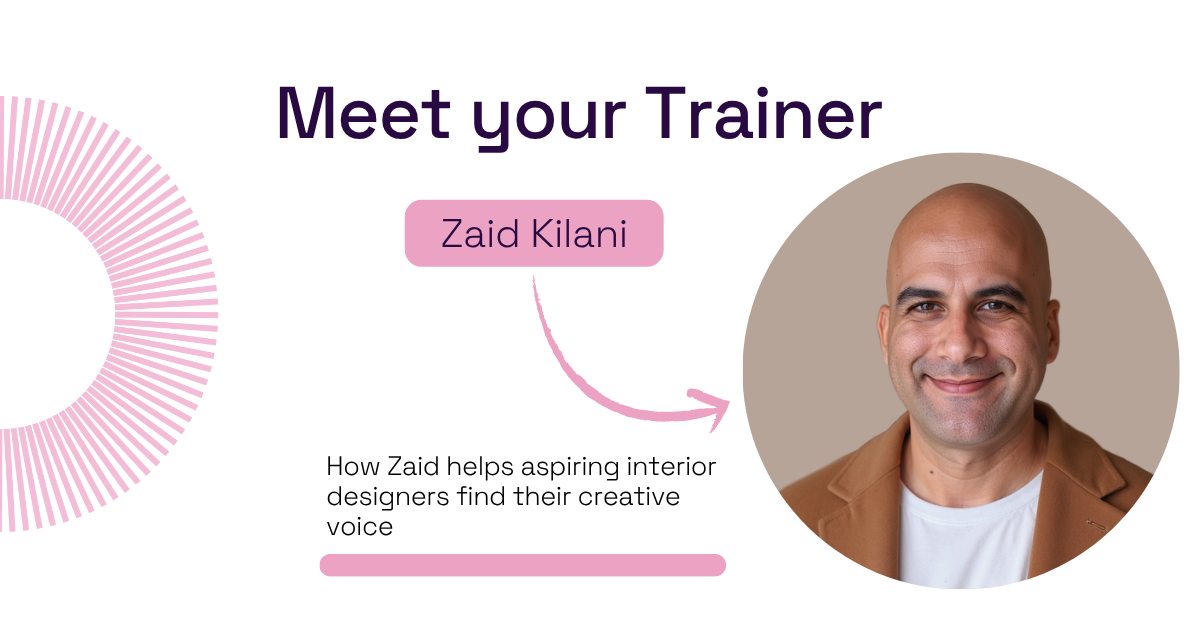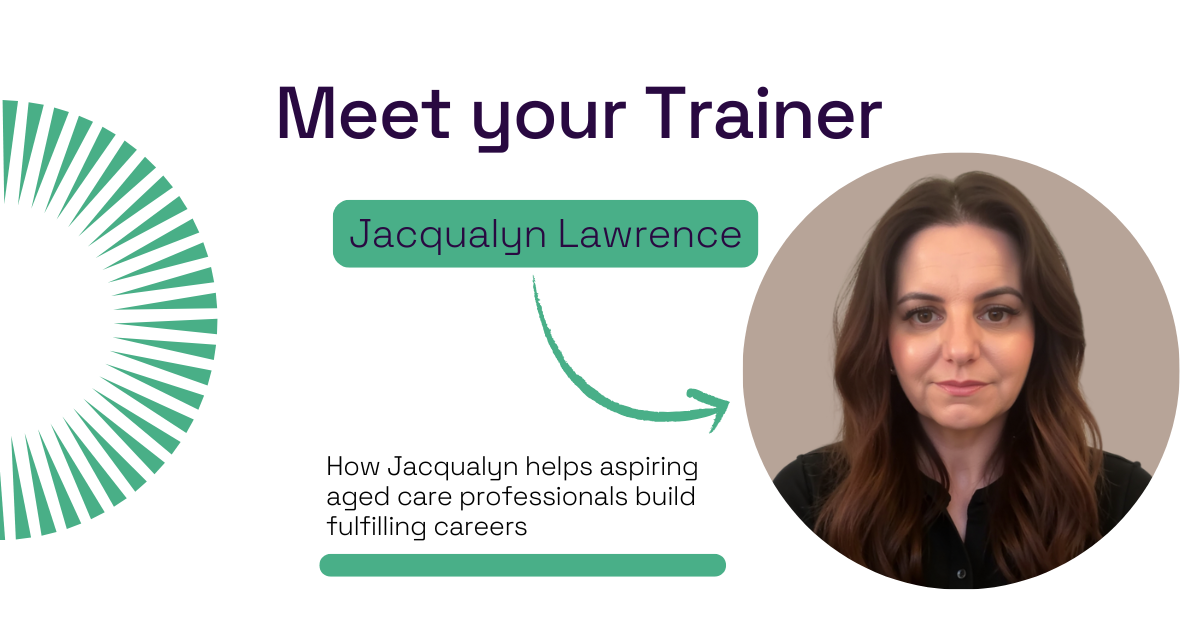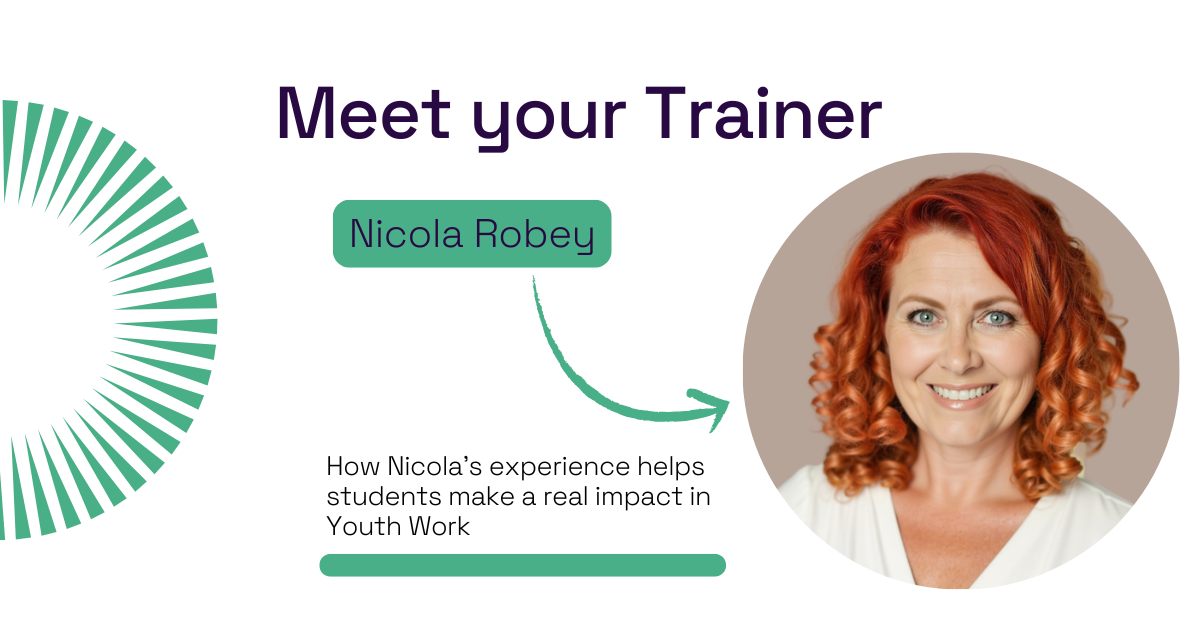Explore our collection of informative and educational blog posts to stay updated on the latest industry trends and expert advice.
What are the different types of jobs in aged care?

The aged care industry in Australia is growing rapidly. We have an ageing population who are living longer, but who also need support and care in their later years.
By 2055, it’s predicted that we will have approximately 2 million Australians over the age of 85. This will account for almost 5% of the population.
The demand for skilled aged care workers is growing and will only continue to increase.
If you’re thinking about a job in aged care, read on to find out about the different career paths you could follow and what it’s like to work in the aged care sector in Australia.

What is it like working in aged care?
Moving into the aged care sector is a smart career change, given how the industry is growing. Demand is high for skilled, compassionate, motivated people.
Working in aged care means that you need to be empathetic, patient, have good communication skills and always be willing to make your clients feel safe, respected, and empowered. You’ll be working with a range of clients who have different needs, whether in an aged care facility or in their own home.
Want to learn what it’s really like working in aged care? Read our blog, ‘7 Things no-one told you about working in aged care’.
How will the aged care sector change in the future?
In the report for the Royal Commission into Aged Care and Safety, it’s predicted that “Wages for nursing and other skilled staff in aged care rise by an average of around 5.5% per year over the period to 2050—more than double the economy-wide average.”
This is because the report sees higher wages as a way of attracting much-needed, skilled professionals to the industry.
It’s also thought that technology will have a large part to play in supporting both workers and clients in this sector, from wearable devices connected to the internet of things, to smart medication and robotic assistants. Along with attracting skilled professionals to the industry, technological trends in aged care will be one of the driving forces behind a higher overall standard of quality and care in this sector of the healthcare industry. One thing’s for sure—there will be a lot of new and exciting changes happening in this industry in the next few years.

What kind of job can I get in aged care?
There are a number of different roles you can pursue in the aged care sector. So you won’t be confined to one particular role for your entire career—there are always plenty of choices out there for you.
5 different jobs you can pursue working in aged care:
1. Aged Care Support Worker
Aged Care Support Workers mainly work with clients who are still living in their own homes but need help with daily tasks, like cooking, cleaning, personal care and running errands.
All clients will have different needs. For some clients, you might spend the whole day assisting them. For others, they may only need your help for an hour or two a week.
The primary goal of an Aged Care Support Worker is to help support their clients with whatever they need and to help them feel empowered and to live a dignified life.
2. Residential Aged Care Support Worker
In this role, you’ll work with elderly people living in a residential aged care facility. Working in a residential facility means that you’ll be working with clients who can no longer live completely independently. You’ll be helping them with daily activities like eating, taking medication and personal care. You might also need to help them get around if they’re not physically mobile.
3. Lifestyle Coordinator
This role has a few different names—Lifestyle and Leisure Officer, Activities Officer, Recreation Activities Coordinator. But they all essentially mean the same thing, which is planning, organising and instigating fun activities for seniors. Usually, a Lifestyle Coordinator is employed at a residential aged care facility. Their job might involve organising everything from daily meals to weekly Bingo nights and everything in between. Part of their role is not only organising activities but also encouraging residents to join in, participate and make sure the organised activities are meeting their needs.
4. Community Support Worker
As a Community Support Worker, you’ll be supporting people who live in residential community homes with daily activities and also organising group activities in the community.
Group activities could be anything from a local book club to exercise classes, arts and craft classes to walking groups. Similar to a Lifestyle Coordinator, a Community Support Worker needs to take into consideration peoples’ wants and needs when organising activities.
5. Nursing Assistant
A Nursing Assistant, sometimes also called an Assistant in Nursing or a Nursing Aide, assists Enrolled Nurses and Registered Nurses. As a Nursing Assistant working in the aged care sector, this means that you’ll be supporting other health professionals in a residential aged care facility or in a hospital. Your main duties and responsibilities will be to care for and assist patients while also supporting nursing staff by monitoring patients’ vital signs and reporting patient observations. There will also be various admin tasks you’ll need to perform.
Do I need a qualification to work in aged care?
Many people who begin work in the aged care sector have some personal life experience looking after people. This could be a relative or a friend that they’ve assisted in the past, whether due to illness or disability.
However, this doesn’t mean that you can’t get a job in the aged care sector without prior life experience. You can gain industry experience through studying a qualification that provides work experience. This way, you’ll learn the skills and knowledge you need to begin your career through your study, and will also gain practical, real-world experience.
You can study the CHC33015 Certificate III in Individual Support (Ageing, Home and Community) online with Open Colleges, which means you can study at your own pace wherever and whenever you want.
You can also study this course at our South Australian or Western Australian campuses in a blended learning environment, which means your study is split between campus-based learning and online learning. So you get the best of both worlds!
Whether you study an online course or a blended learning course, you’ll need to complete 120 hours of work experience as part of your qualification. This will help you gain practical skills and give you a feel for what it’s like to work in the industry. And you never know—you could even be offered a job once you complete your work experience.
What are you waiting for? Take the first step towards a career in the growing aged care sector and start a 7 day free course trial online today.








